Helping Your Child Explore, Grow, & Learn
At Milkshake Montessori Nursery School we aim to create a safe and supportive environment that encourages children to explore and grow. We recognise that children need to be allowed to take some risks and make mistakes in order to grow and better understand what happens next and why. Being supported through these experiences in a nurturing environment helps children to grow in their self-confidence and self-esteem as they learn new approaches and strategies than can then be implemented when and if needed in the future. The Montessori philosophy places a high value on respect for the individual and this philosophy is manifested each day as children are courteous and helpful towards each other and to staff. The same is expected of parents and staff, both in their dealings with each other and in how they relate to their children.
A Montessori education is to prepare the child for life. Since our children will eventually enter non-Montessori schools, alongside the Montessori curriculum we follow the Early Years Foundation Stage Guidelines and prepare children for transition into reception classes helping them to achieve the Early Learning goals.
Our Curriculum Areas
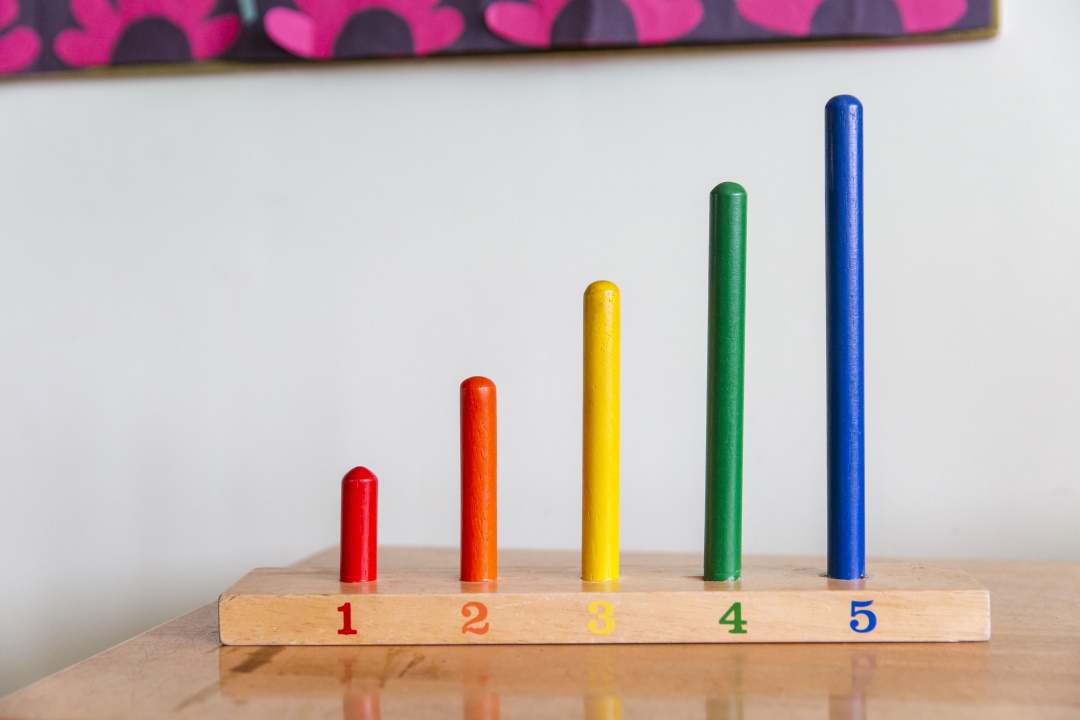
Life Skills
Care of self and the environment, social courtesy and graces, and self-confidence. Development of motor skills through everyday practical activities.
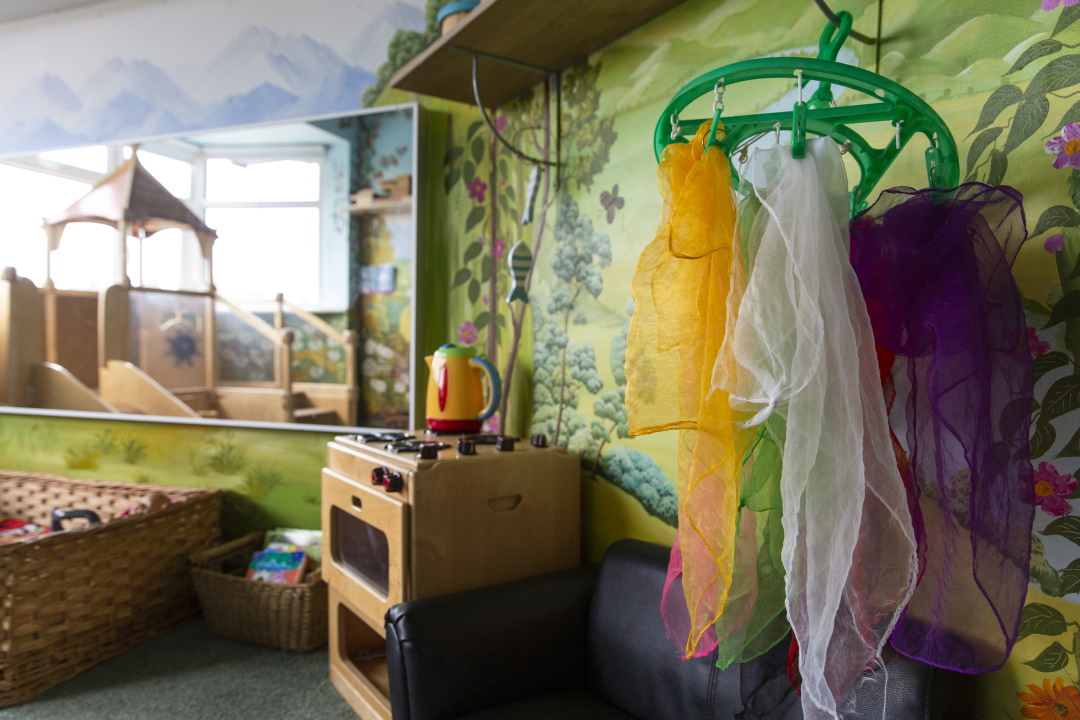
Sensorial activities
Learning through sight, sound and touch.
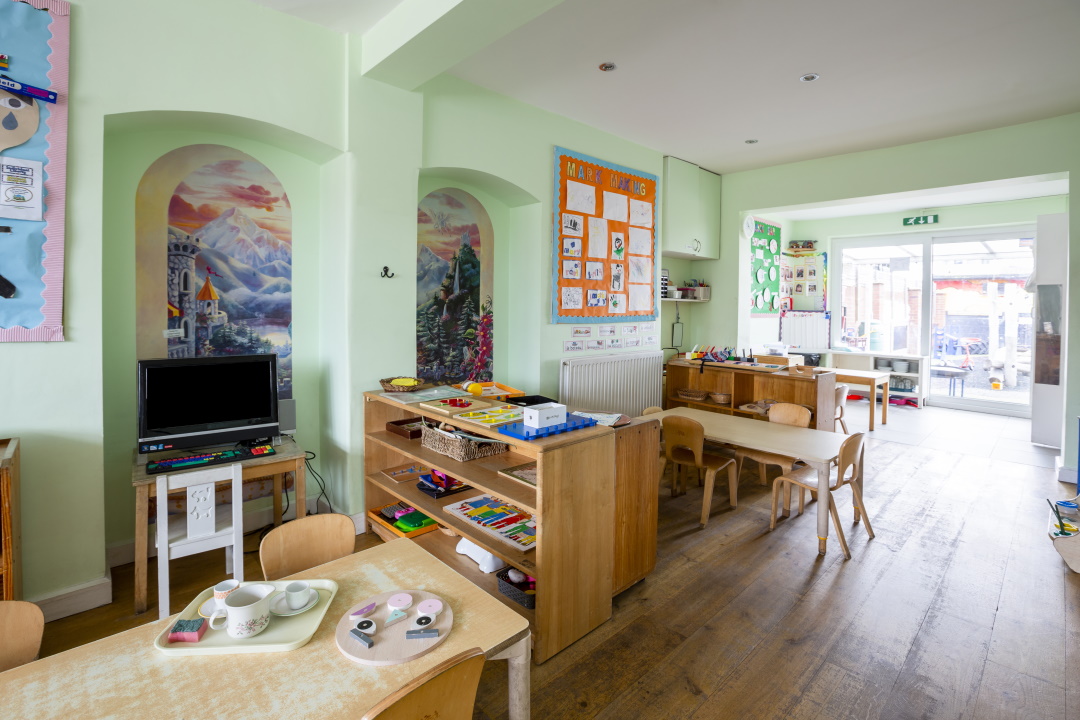
Language
Communication skills, speaking, listening, reading, vocabulary, phonetic word building and singing.
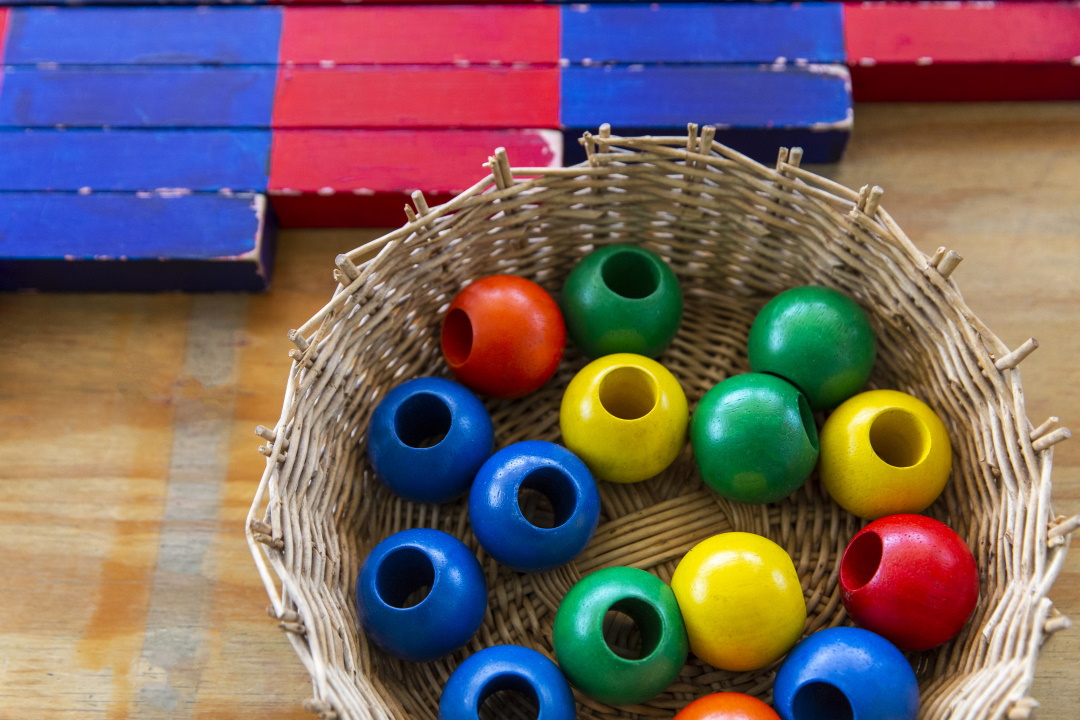
Mathematics
Understanding of quantity and numerals, counting skills, measurement, multiplication and division.
.
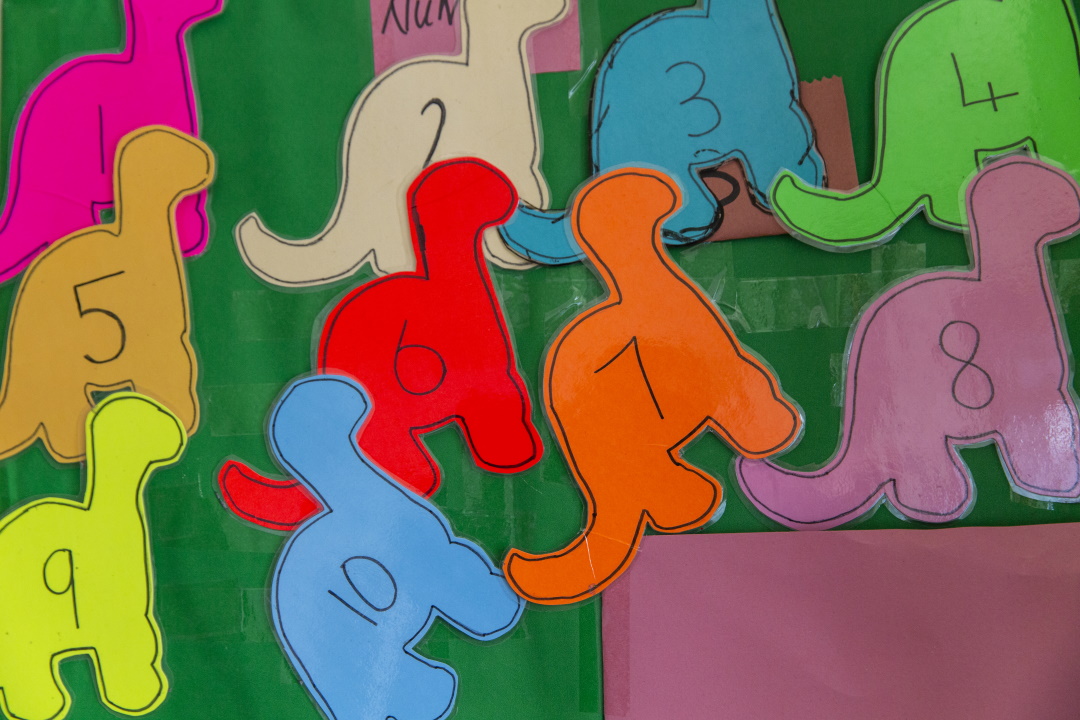
Science
Earth and space, magnetism, light, air, water, gravity, botany, biology.
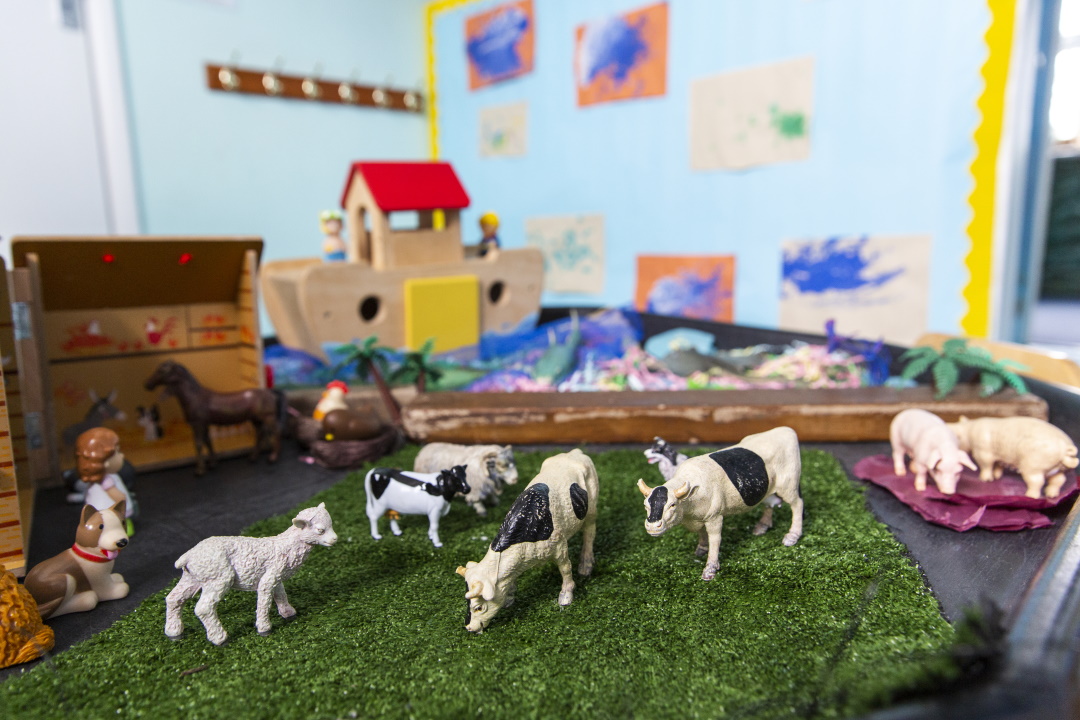
History
Time, Prehistoric Timeline & Personal Timeline.
.
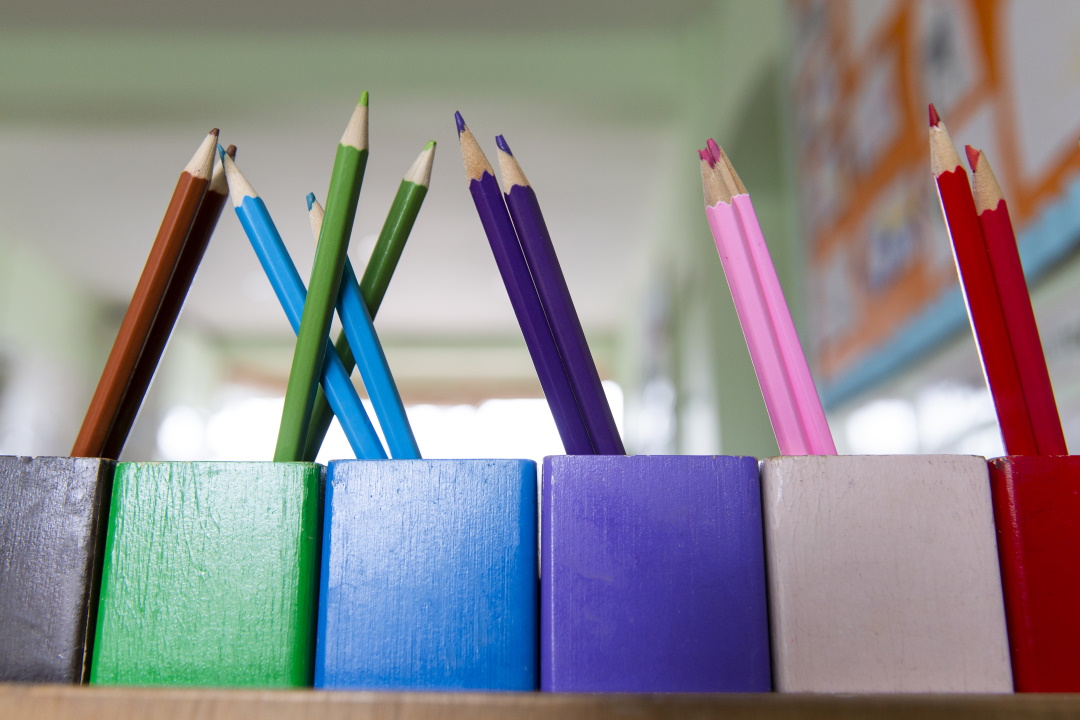
Art & Crafts
Drama, music, dancing, cookery and IT classes.
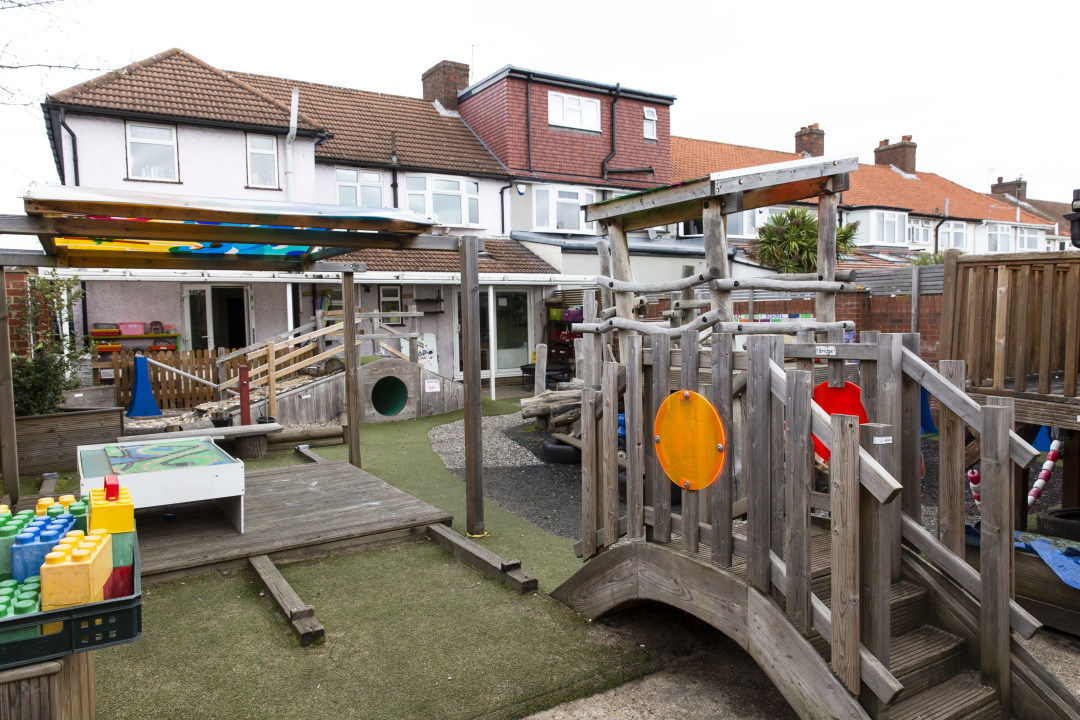
Physical
Bikes, outdoors, climbing facilities and yoga
The Montessori Method is an alternative child educational method, based on child development theories, originated by Italian educator Maria Montessori (1870-1952).
The Montessori Method of child education is characterised by enabling self-directed activity on the part of the child with an observation on the part of the teacher, often called a director, directress or guide. The teacher then uses their observations of the child to adapt the child’s learning environment to meet his/her developmental level and needs; often by introducing autodidactic (self-correcting) equipment through presentations to facilitate their learning of new concepts. The child makes sense of their world going from concrete (feeling, seeing and interacting with resources) to abstract understanding (mostly remembering without any additional resources) when they are given the choice, time and space and opportunities for repetition without any interruptions.
The Montessori Method discourages traditional measurements of achievement (grades, tests) on the premise that it damages the emotional inner-growth of children (and adults). Though it does measure feedback and qualitative analysis of a child’s performance, usually recorded as a list of skills, activities, and critical points, and sometimes includes a narrative explanation of the child’s educational achievements, strengths, and areas of difficulties – with the emphasis on what next steps can be taken to support and improve their understanding and learning.
